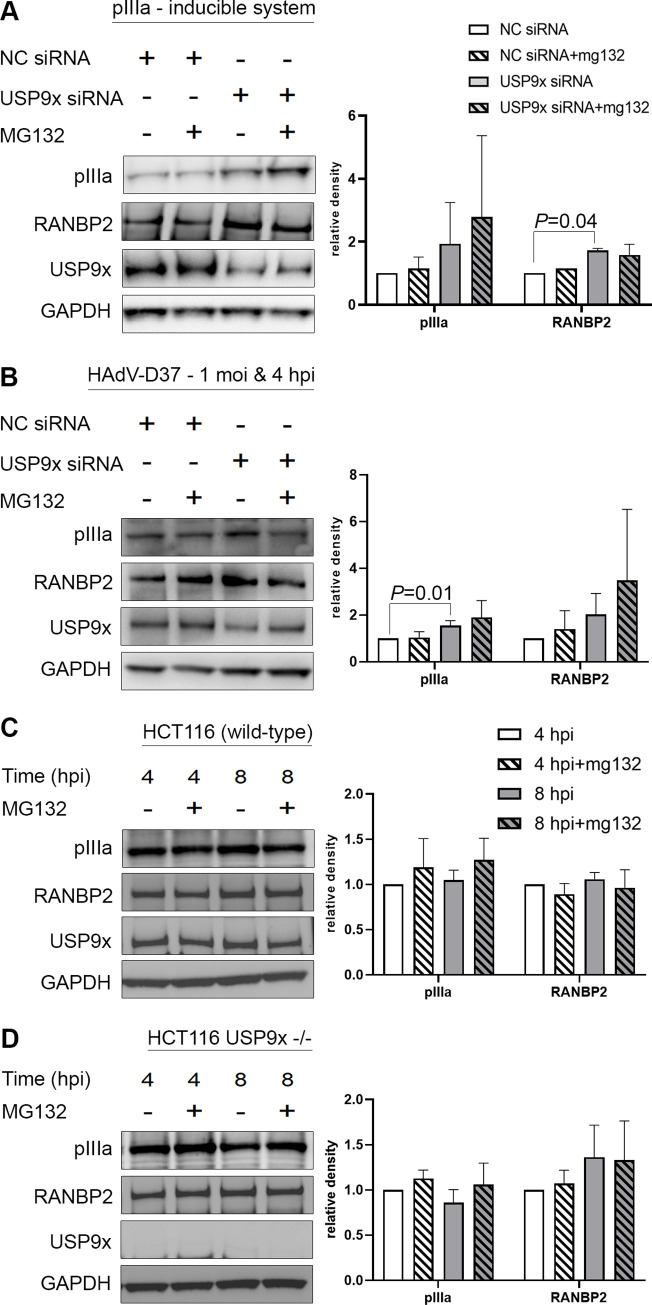Fig 3. USP9x has no role in pIIIa or RANBP2 deubiquitination but deregulates their expression.
(A) Flp-In 293 T-Rex cells were treated with negative control (NC) or USP9x-siRNA for 48 hours. Following MG132 proteasome inhibitor treatment (10 μmol/L for 4 hrs), pIIIa expression was induced by tetracycline (20 ng/mL for 8hrs). GAPDH control is shown for each set. (B) HEK293 cells were treated with negative control (NC) and USP9x-siRNA for 48 hours. Following MG132 proteasome inhibitor treatment (10 μmol/L for 4 hrs), cells were infected with HAdV-D37 at an MOI of 1 for 4 hrs. USP9x-siRNA treated cells showed increased pIIIa and RANBP2 expressions compared to NC-siRNA treated cells, irrespective of MG132 treatment. (C) HCT116 wild-type and (D) HCT116 USP9x (-/-) cells were treated with MG132 and infected (MOI of 5) for 4 and 8 hrs, respectively. Neither condition significantly stabilized pIIIa or RANBP2 steady state concentrations. The final data are presented as the mean ± SD of at least triplicate experiments. Statistical significance was performed with unpaired t-test (two-tailed). Only comparisons where P<0.05 are shown.

